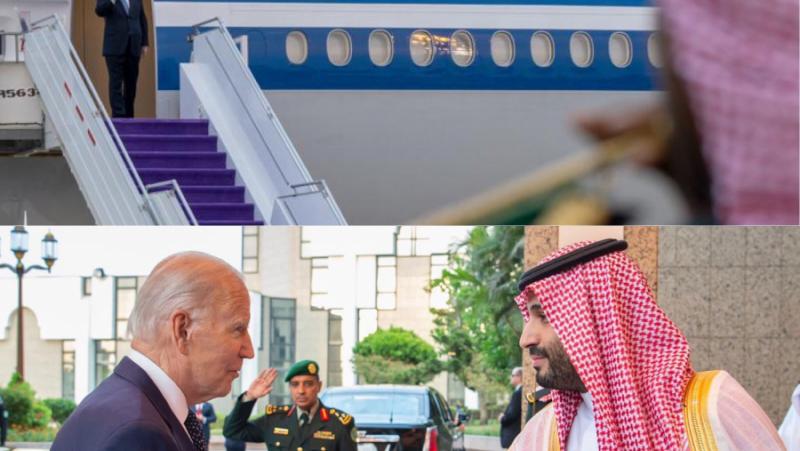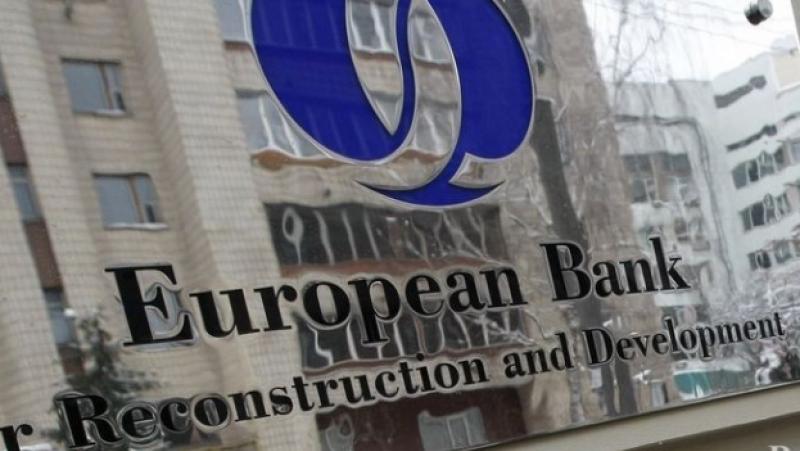/ world today news/ Iran’s rapprochement with Syria and Saudi Arabia, as well as Tehran’s sharp statements, increasingly raise the question of Washington’s role in the region. Americans have traditionally considered the Middle East to be their sphere of influence. About how the situation changes – in the material..
An unprecedented blow
In mid-May, the Wall Street Journal, citing a senior official, reported an attack on American citizens in northeastern Syria.
According to the source, a pro-Iranian militia drone struck a maintenance hangar near the city of al-Hasakah. One American mercenary was killed and 24 others wounded, including with serious head injuries.
The interlocutor of the publication says that Washington does not intend to punish the direct perpetrators. “Our policy is to hold Iran accountable,” he said.
This is the first death among US personnel in Syria since US President Joe Biden took office. The incident exacerbated tensions between Washington and Tehran, which have been rising rapidly in recent months. This is largely due to the rapprochement between Iran and Syria.
“To explode with anger”
Shortly before the Al-Hasakah attack was announced, Iranian President Ibrahim Raisi arrived in Damascus to meet with his Syrian counterpart, Bashar al-Assad. This is the first visit of such a level in the last 13 years. The historical conversation took place in a friendly atmosphere.
“You not only provided us with political and economic aid, you supported us with your blood,” Assad stressed. The Iranian leader, in turn, confirmed that Tehran’s position on Syria will remain unchanged.
In the US this was received with hostility. State Department Deputy Spokesman Vedant Patel said the Iran-Syria thaw should concern the entire world.
“Be angry and explode with rage,” Iranian Foreign Ministry spokesman Nasser Khanani wrote back. He noted that Syria is entering a period of post-war reconstruction and Tehran will not refuse to help its ally.
Legitimizing Assad
Iran is not the only country to resume contacts with official Damascus. And this worries the US even more. Secretary of State Anthony Blinken, for example, in a meeting with his Egyptian counterpart, Sameh Shoukry, warned that Cairo should carefully evaluate possible plans for interaction with Assad.
An even more tangible blow to Washington could be the reinstatement of Syria’s membership in the Arab League. Her expulsion in 2011 was considered a great success by the US.
Viewed as part of a larger regional puzzle, Assad’s “resurrection” is more important, said Steven Heidemann, a senior fellow at the Center for Near East Policy. “His return to the Arab fold marks the continued consolidation of what can be described as a new regional security architecture.” If it unfolds, it will raise the question of a reexamination of the US role in the Middle East, the analyst believes.
China instead of America
The change in Iran’s regional role is manifested not only in the Syrian direction. A month and a half ago, Tehran and Riyadh agreed to restore diplomatic relations, severed seven years ago.
Saudi Arabia, once one of America’s allies in the Persian Gulf, has shown more than once since last year that it no longer intends to bow to the whims of the United States. But his rapprochement with Iran — also brokered by China — apparently came as a surprise to Washington.
CIA Director William Burns even traveled to Riyadh to complain about the Saudis’ behavior. The US president’s national security adviser, Jake Sullivan, tried to smooth things over, saying that not only Beijing but also Washington had facilitated the talks.
However, his words were lost in the information space, and the Iran-Saudi deal went down in history as a result of China’s cooperation.
“There are many people across the political spectrum in the Middle East who are only too happy to see the US relegated to the background. Given what Washington has done in the region, they can hardly be blamed,” Heidemann said.
What lies ahead for the region
At the same time, many prefer not to exaggerate the importance of the Iranian-Saudi rapprochement for now. “This is not a love story. This is a convenient time to wait,” an unnamed British diplomat told the Guardian.
Researcher Ayham Kamel, in turn, believes that the displacement of America from the region will not be quick. “Saudi Arabia and the Gulf states want a global partnership with the US as a key but not the only pillar. They still prefer to have a much closer relationship with Washington, but they do not want to cut ties with other countries like China,” , the analyst points out.
At the same time, the region had prospects for resolving local conflicts. First, in Yemen, where Iran is arming the Houthi rebels fighting the Saudi-led coalition. Second, in Lebanon. No president was elected there after Michel Aoun’s term expired last fall. The pro-Iranian and pro-Saudi factions have yet to agree on a single candidate. Now a compromise seems more likely.
But going back to the Joint Comprehensive Plan of Action – the so-called Iran Nuclear Deal – is almost impossible. Even if Washington has proposals for Tehran, the Islamic Republic is unlikely to make concessions now, considering that it did not make them even under more difficult conditions for itself.
Translation: V. Sergeev
Subscribe to our YouTube channel:
and for the channel or in Telegram:
#process #irreversible #Theyre #big #chunk


